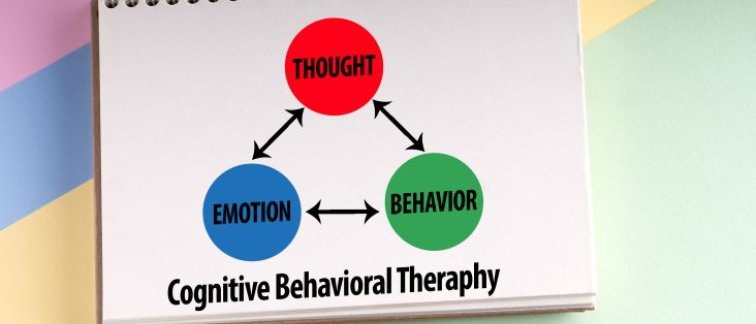Fear of cancer recurrence, depressive symptoms and cancer-related fatigue are frequent symptoms among cancer survivors, and adversely affect quality of life and daily functioning. Unfortunately, current standardized care has only a modest effect in alleviating these symptoms. In search for better therapeutic options, caregivers are considering the use of personalized cognitive behavioral therapy (CBT) to achieve a better outcome. However, it is necessary to compare treatment outcomes following personalized or standard CBT in a clinical study in order to draw objective conclusions about which therapy is most beneficial for these cancer survivors.
For this purpose, the MATCH study was initiated at the Amsterdam UMC in collaboration with other oncology and psychology centers at various hospitals in the Netherlands. In total, 190 cancer survivors, who are experiencing one or more of the described symptoms and completed their cancer treatment with curative intent 6 months to 5 years ago, will be enrolled in the study. The participants will be divided in two groups receiving either standard or personalized CBT. The effectiveness of the therapies will be assessed by documenting participants’ limitations in daily functioning before, during and after treatment.
With the MATCH study, we seek to evaluate the merits of personalizing psychological treatment as a means of alleviating fatigue, fear and depression that can occur after treatment for cancer. We anticipate a positive outcome will greatly improve the quality of life for cancer survivors.
More information on the MATCH study (in Dutch) for cancer survivors and healthcare professionals.
Researchers involved
- Sarah Doncker (research assistant)


